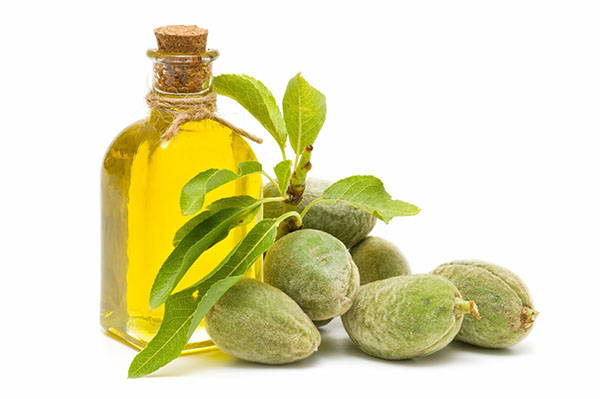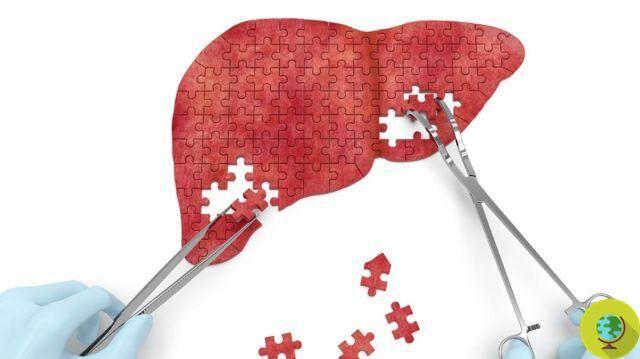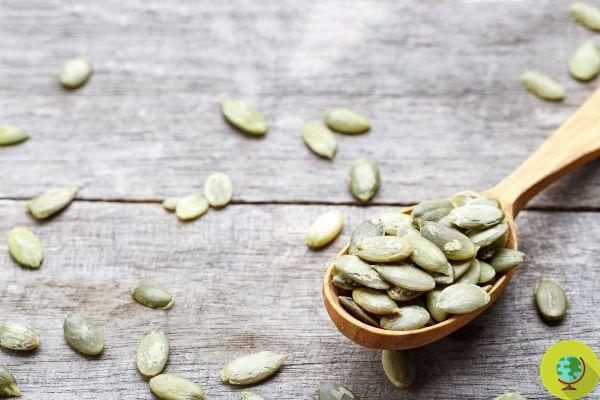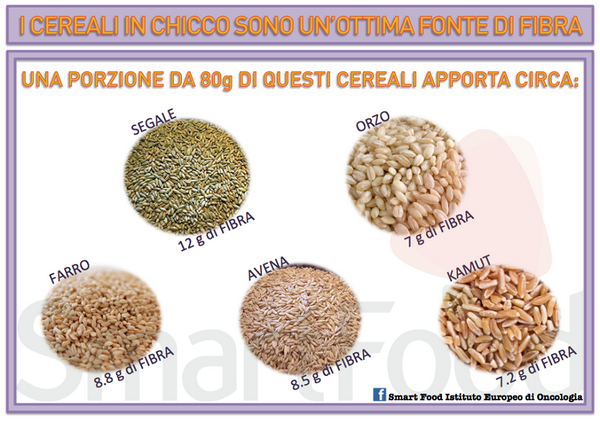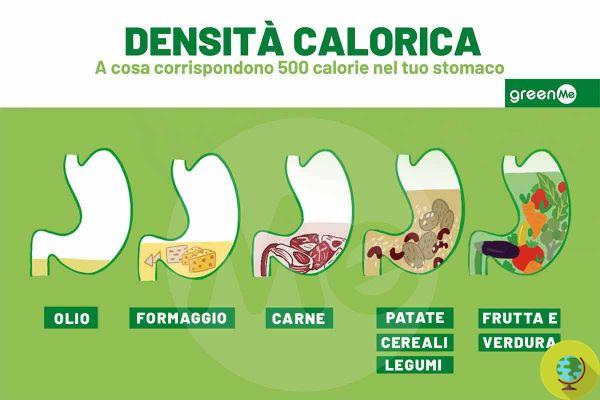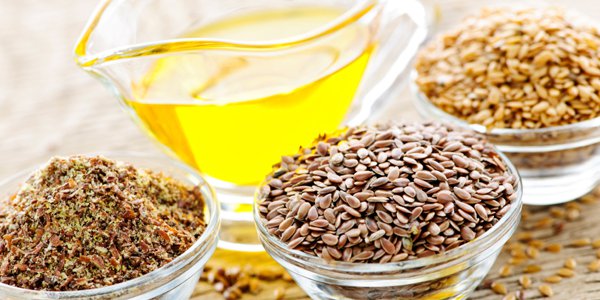
Yogurt is considered a healthy food, particularly because it contains live lactic ferments that are beneficial for the intestine. But how long do these microorganisms "live" inside the yogurt? Do they expire? To answer is a new survey conducted by Il Salvagente
Of the lactic ferments contained in yoghurt, only a small minority can overcome the stomach and perform a beneficial action in the intestine. But the problem is also upstream. How many enzymes are there really in supermarket yogurt and how long do they stay “alive” inside the product?
To ask is a new investigation by Il Salvagente that on February 14 bought and analyzed 9 jars of white and sweetened creamy yogurt, without artificial flavors and with an expiration date 26 February.
Of all the products, 3 samples were analyzed, in order to obtain scientifically valid data. Each yogurt has been tested by the Maurizi group laboratories which assessed the concentration of lactic bacteria (L. bulgaricus - S. termophilus) in the food for the entire shelf life of the product, or until expiry.
As Il Salvagente writes:
The samples used for the microbiological tests were suitably homogenized to obtain a representative sample and enriched with special broths indicated by the reference standard for the test of lactic bacteria.
According to the producers, lactic ferments remain alive in yogurt for up to 40 days. In reality, the analyzes showed a decidedly different situation.
The results
The results show that, even after a few days that they have remained on the shelves, yogurts contain less lactic ferments and are therefore devoid of benefits.
As the magazine's experts write:
Our study obviously shows that the concentration of lactic bacteria decreases with the passing of the days, going from a concentration of billions of live microorganisms to a few hundred thousand by the expiration date of the yogurt. Three days after expiration, the lactic acid bacteria decreased again, reaching a concentration of a few tens of thousands of units per gram.
Studies show that the recommended daily dose of lactic ferments is around billions of live cells for adults. And here is the problem: at maturity, according to this new analysis, the products had a reduced quantity of enzymes, absolutely not sufficient to offer benefits to consumers.
In short, when we consume yogurt we are convinced that we are eating a healthy food rich in lactic ferments but, in order for it to really be so, we should make sure that it is as fresh as possible.
It would therefore be important to know the packaging date (as well as the expiry date). As the experts of Il Salvagente write:
To be sure that this probiotic activity can really be ensured by the regular consumption of a yogurt, in reality, we should always opt for a product close to the production date. Since this is not mandatory, it is not easy for the consumer to fall back on an expiration date as far away as possible from the end of life date printed on the packaging. Especially considering that we have found yogurt on the market that expire after 28 days alongside others that even reach 40 days.
In short, it is not easy for us consumers to orient ourselves. Also in this case we should rely on small producers, always buying fresh yogurt.
Follow your Telegram | Instagram | Facebook | TikTok | Youtube
Source: Il Salvagente
Read also:
- The best yogurt to buy at the supermarket can be found at Coop, the Altroconsumo ranking
- These are the best yogurts you can buy at the supermarket, according to the Altroconsumo test
- The best organic yogurts: the Gambero Rosso ranking
- Yogurt - which one is best to buy at the supermarket, according to nutritionists
- Yogurt: 5 criteria by which to choose a really healthy one




